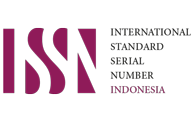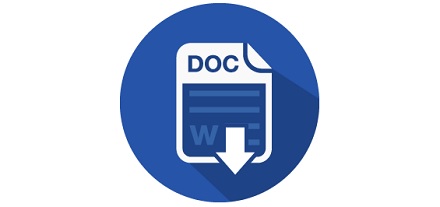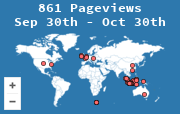Pelatihan Penggunaan Cerita Pendek dalam Membangun Keterampilan Berfikir Analitis Siswa
DOI:
https://doi.org/10.59734/lajpm.v2i2.238Keywords:
Training, Short Story, Analytic Thinking SkillAbstract
This training aims to analyze the influence of the short story process at SMAN 14 Maros on the skills of analyzing every good value that can be learned as well as growing language skills. Reading short stories is an activity that gives students imaginative experiences in opening up analytical thinking skill, helps them understand the dynamics of conflict between characters, and fosters social sensitivity and personality. Apart from that, short stories also function to foster students' social sensitivity through the moral messages contained in the stories, and can enrich their personalities
References
Abdurrahman, M. (2006). Pendidikan Sastra dan Pembelajaran Bahasa.Jakarta: Rineka Cipta.
Anaya Diaz, U. E. (2024). Fostering critical literacy in secondary education through short stories in english. Espergesia, 11(1), e110101. https://doi.org/10.18050/rev.espergesia.v11i1.2837
Barkhuizen, G. (2016). A short story approach to analyzing teacher (imagined) identities over time. TESOL Quarterly, 50(3), 655-683. https://doi.org/10.1002/tesq.311
Cahyaningtyas, A. P. (2022). Multicultural literature for building children’s character. Proceedings of the First International Conference on Democracy and Social Transformation, ICON-DEMOST 2021, September 15, 2021,. https://doi.org/10.4108/eai.15-9-2021.2315599
Davis, J. (2009). Reading literature: A gateway to critical thinking. Journal of Literary Education, 5(2), 35-42.
García-Cañarte, A. and Ocaña, M. (2024). The use of short stories to improve vocabulary: understanding the perceptions of efl students. Ciencia Latina Revista Científica Multidisciplinar, 8(4), 1030-1044. https://doi.org/10.37811/cl_rcm.v8i4.12342
Ghafar, Z. N. and Zubaedah, P. A. (2023). The impact of short stories for nglish as a second language and foreign language students: a literature review. Journal of Social Science (JoSS), 2(7), 595-604. https://doi.org/10.57185/joss.v2i7.84
Halimah, H., Sumiyadi, S., Yulianeta, Y., & Sembiring, S. U. B. (2022). The influence of cerdik and short story videos on students’ learning motivation in indonesian prose fiction appreciation. Advances in Social Science, Education and Humanities Research, 206-211. https://doi.org/10.2991/978-2-494069-91-6_31
Hamzah, S. (2015). Desain pembelajaran berbasis modul: Panduan praktis bagi guru dan pendidik. Jakarta: Rineka Cipta.
Lande, T., Sayuti, S. A., Dewi, Y., & Putri, E. R. (2023). The axiology review of short story in textbook toward the character empowerment for the learners. Britain International of Linguistics Arts and Education (BIoLAE) Journal, 5(1), 1-9. https://doi.org/10.33258/biolae.v5i1.854
Maulidia, A. (2024). The impact of short stories in english language learning classroom. Journal of English as a Foreign Language Education (JEFLE), 4(2), 94. https://doi.org/10.26418/jefle.v4i2.74897
Stein, J. (2003). Teaching literature: A critical perspective. Longman.
Tarkiainen, L., Heino, E., Tapola-Haapala, M., & Kara, H. (2021). Students’ learning reflections when using works of fiction in social work education. Social Work Education, 41(8), 1722-1734. https://doi.org/10.1080/02615479.2021.1928624
Van, K. H., & Dewi, S. (2018). The role of short stories in teaching English literature: A review of literature. Journal of Education and Practice, 9(6), 45-49.
Downloads
Published
How to Cite
Issue
Section
License
Copyright (c) 2025 Rizka Indahyanti, Ikbal Ikbal, Suci Adriana Nurfadilah, Amina Belatu, Rijal Anugrah

This work is licensed under a Creative Commons Attribution-ShareAlike 4.0 International License.
Most read articles by the same author(s)
- Rizka Indahyanti, Mujahidah Adawiah, Chikyta Anatasya Dita, Tania Booy, Awal Ahmad Fadhillah, Pelatihan Penggunaan Aplikasi Quizizz untuk Meningkatkan Pemahaman Siswa dalam Pembelajaran Bahasa Inggris di SMAN 14 Maros , LITERA ABDI: Jurnal Pengabdian Masyarakat: Vol. 2 No. 1 (2025): LITERA ABDI: Jurnal Pengabdian Masyarakat









